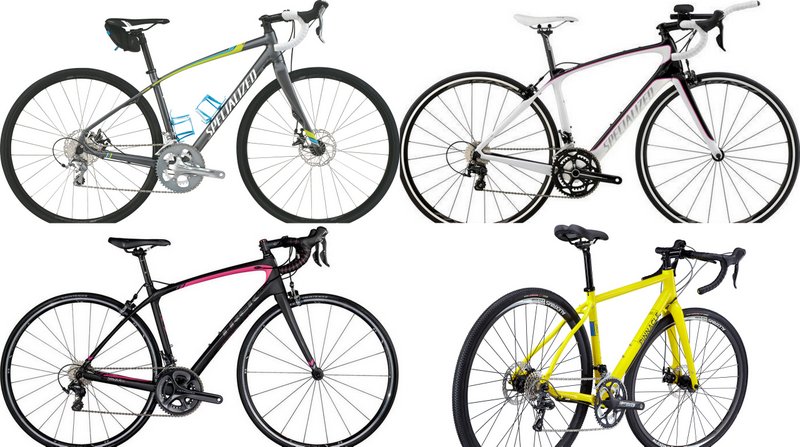
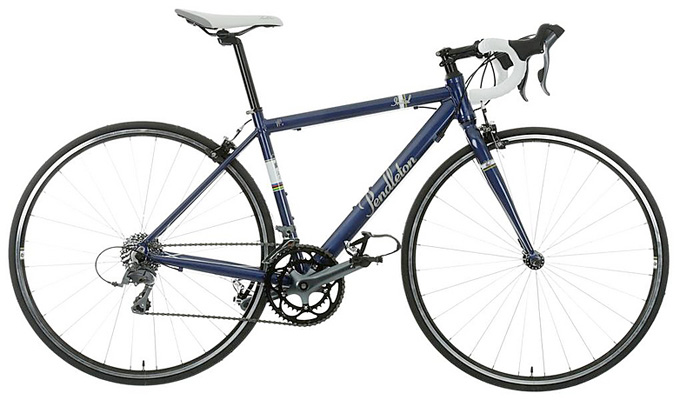
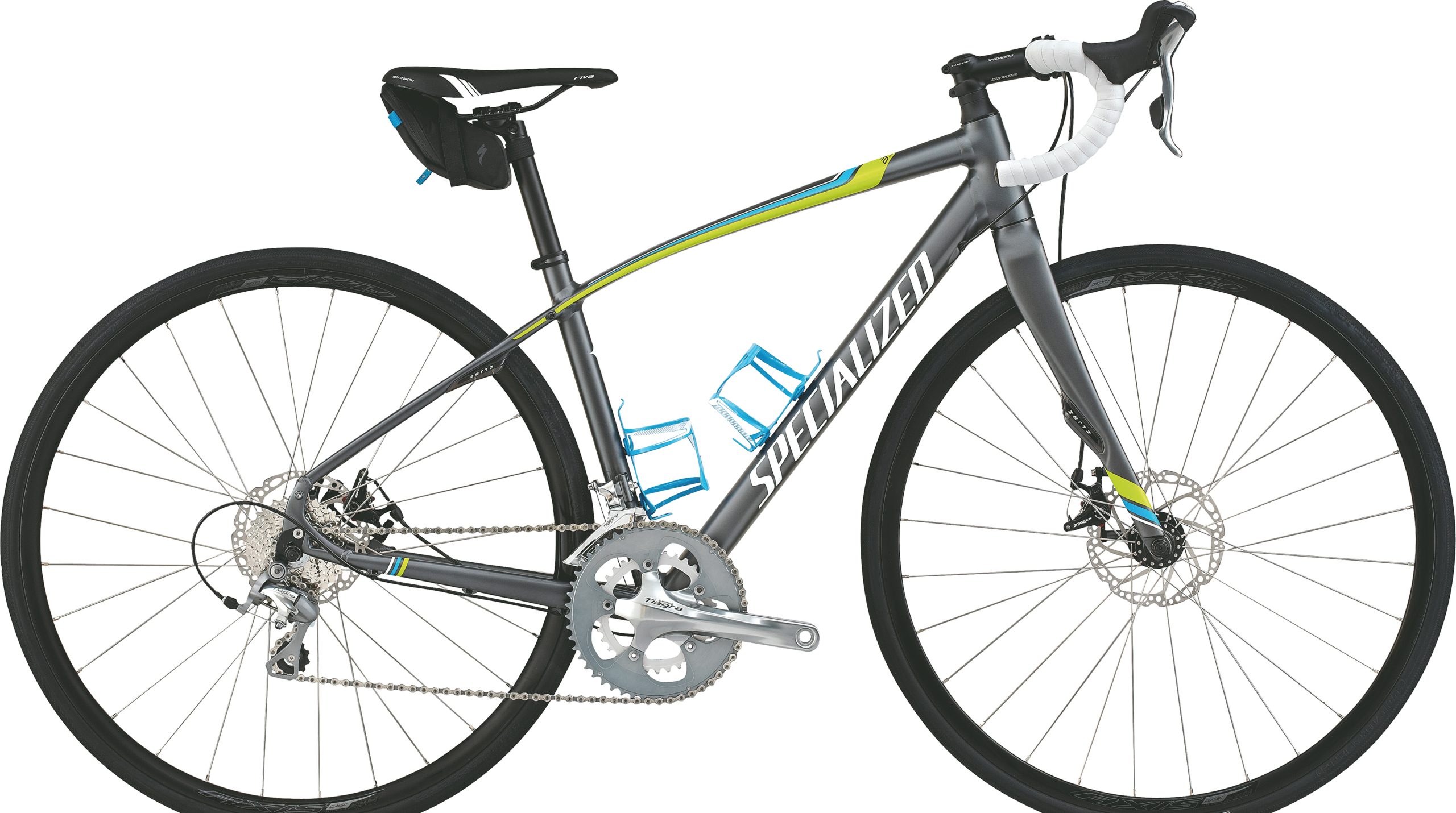
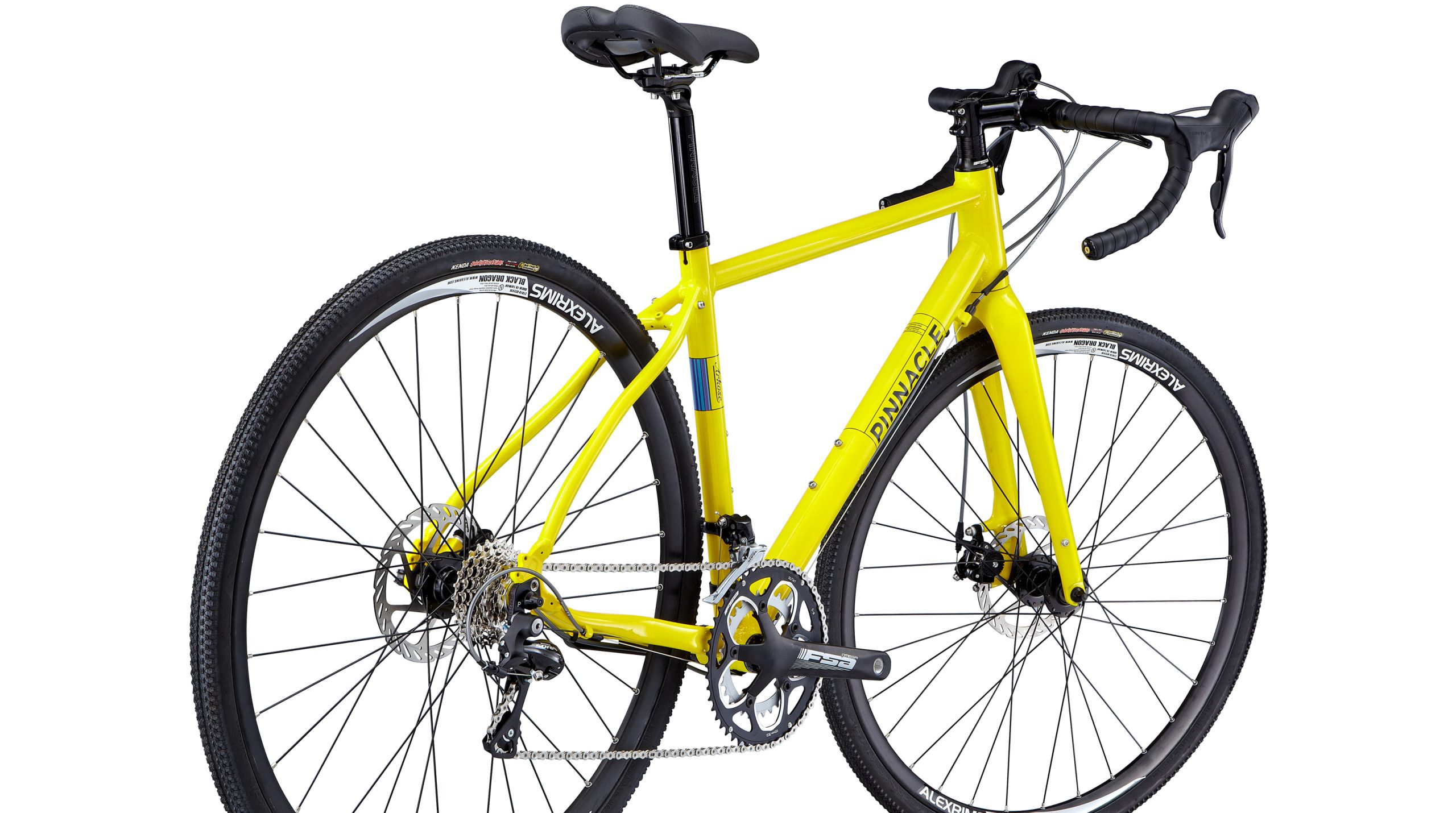
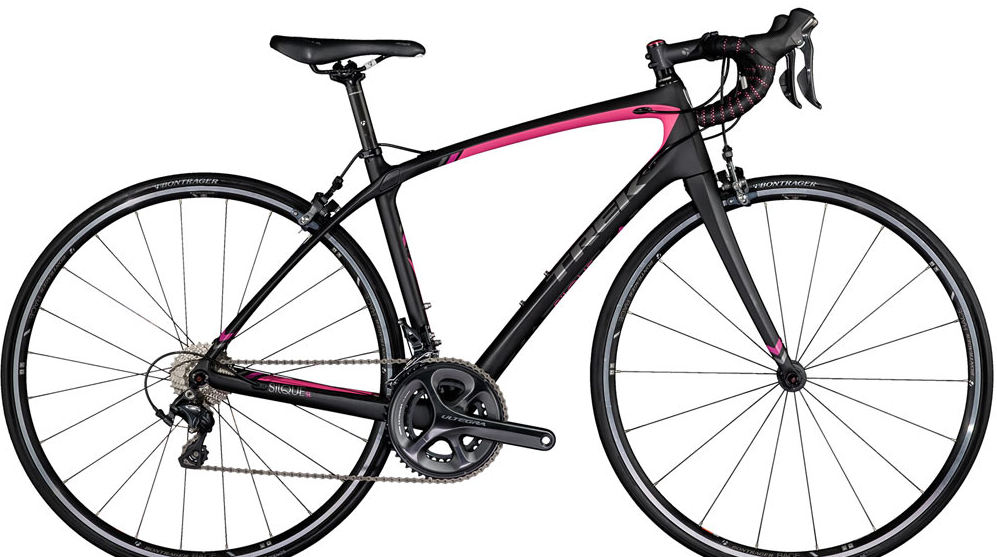
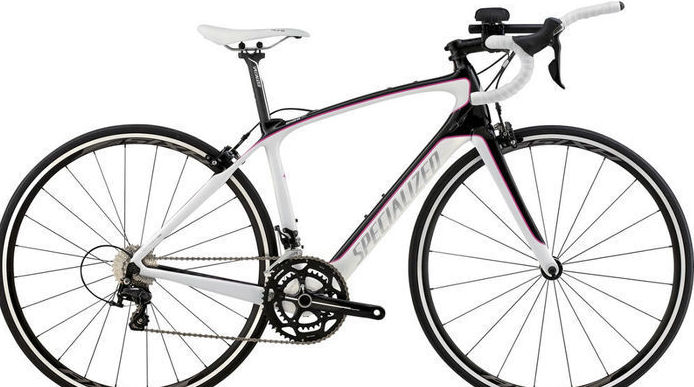
Bike brands generally begin introducing their next year’s creations in the autumn, and 2015 models are now making their way to stores, ready to be snapped up by owners after a new best friend on wheels.
How To: Get the Best Road Bike for Your Budget
Michelle Arthurs-Brennan of Ride. Write. Repeat. has gathered the very best entry-level road bikes, disc-braked road bikes for long endurance miles, Cyclocross and Adventure Road bikes for muddy days, plus road race and triathlon or time trial geared models for 2015 for your perusal – enjoy!

Our favourite cities to party on NYE and cycle on New Year's Day

A handful of healthy and nutritious snacks you can whip up in just 5 minutes!

Doing a little bit of strength work this winter will pay dividends come race season

Laura Trott, Katie Archibald, Elinor Barker and Ciara Horne win gold in team pursuit – Trott also wins ominium and Barker gets bronze in points...

Wheels, tyres, whatever you've got lying around... here's your decoration inspiration!